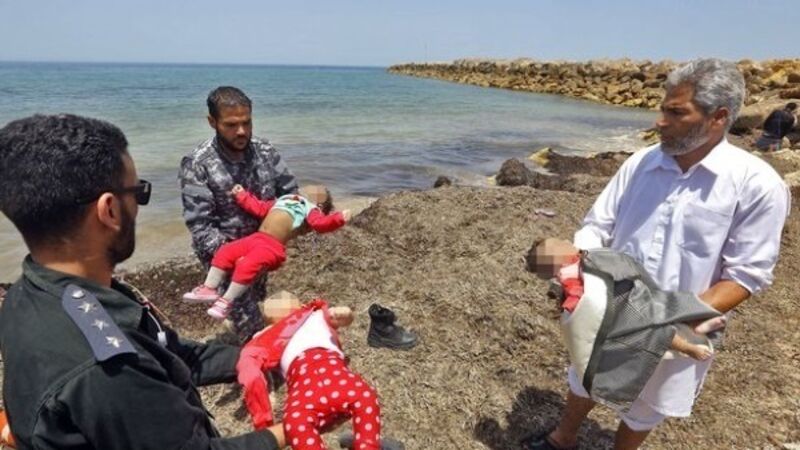Thai rescue response highlights our hypocrisy

Their story captured the world’s attention, making us hope with long distance fervour that they would somehow be squeezed intact from Mother Earth, still breathing. How collectively relieved we felt when they were.
It is a human story which contains everything to hook us — danger, uncertainty, fear, hope, bravery, ingenuity, unity, and a happy ending.

















